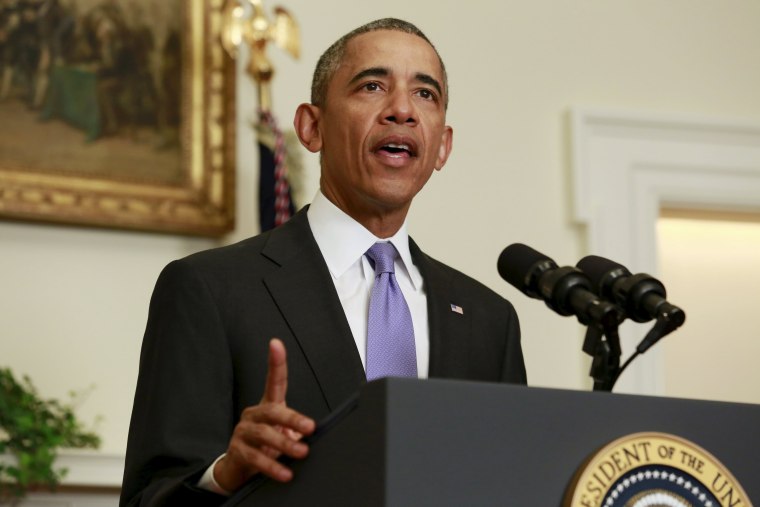In the end it may have been Kalief Browder’s short life and tragic death that finally freed the very young from isolation in American prison cages. At 16, he was accused of stealing a backpack and sent to New York’s infamous Rikers Island to await trial. During his stay he was brutalized by guards and inmates alike and spent nearly two years in solitary confinement.
A few years after being incarcerated, he was released – without a trial. From the day he stepped foot back into freedom, Browder’s life was a nightmare, unable to shake the terror of what he’d experienced behind bars and in that dark box, locked down for up to 23 hours a day. He started going to community college but had trouble staying in class. He tried killing himself on multiple occasions, but each time survived, ending up in a hospital psych ward.
RELATED: Obama to end solitary for juveniles in federal prisons
Then one day last summer, Browder, then 22, pushed an air-conditioning unit out of a second floor window at his parent’s home in the Bronx. He tied a cord around his neck and pushed himself through the window feet first.
Browder’s life, death and struggles after being released from jail sparked the kindling of criminal justice reform that had been simmering for years, drawing together wide bi-partisan support for cinching the pipeline to prison that has funneled through it countless young men and women from poor communities across the country.
On Monday, when President Obama called for an end to the practice of solitary confinement for juveniles, he did so evoking Browder’s name.
“Solitary confinement gained popularity in the United States in the early 1800s, and the rationale for its use has varied over time. Today, it’s increasingly overused on people such as Kalief, with heartbreaking results — which is why my administration is taking steps to address this problem,” President Obama wrote in the Washington Post, announcing the ban.
Read more on MSNBC.com

